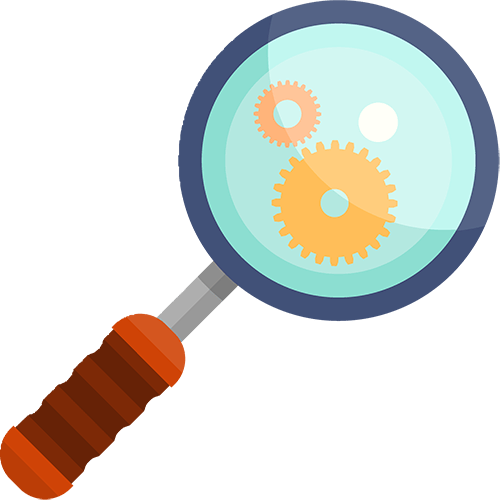Minor Symptoms, Major Hidden Dangers
What Is Geriatric Depression and Anxiety Disorder?
Geriatric depression and anxiety disorder generally refer to the occurrence of depressive disorders and anxiety attacks in people aged 60 and above, which is a common psychiatric disorder among the elderly. Core symptoms of depressive disorders include mood swings (low mood), loss of pleasure (loss of appetite), decreased interest, along with sleep disorders (insomnia) and cognitive decline (memory loss).
Geriatric depression and anxiety disorder are often considered part of elderly life and do not receive adequate recognition and diagnosis. Geriatric depression and anxiety disorder have been shown to be associated with poor quality of life, difficulty in daily activities, comorbid physical illnesses, premature death, and cognitive impairment.
Therefore, it is crucial to enhance the understanding of depression and anxiety symptoms in the elderly and manage them. As long as patients meet the clinical diagnostic criteria for depression and anxiety disorders, timely treatment is necessary.
Which Elderly Individuals Are Prone to Depression and Anxiety?
The etiology of geriatric depression and anxiety disorder is complex and often accompanied by physical illnesses, which may have a reciprocal relationship. For example, elderly depression can increase the incidence of dementia in the elderly; in populations with coronary heart disease and hypertension, nearly half of the cases have anxiety disorders. The susceptible groups for geriatric depression and anxiety disorder include the following categories.
1
Lack of emotional support
2
Experiencing negative events
3
Chronic disease patients
4
Long-term medication users
5
Personality traits with stubborn characteristics
How to Treat Depression and Anxiety in the Elderly?
For patients with geriatric depression and anxiety disorder, treatment mainly includes pharmacotherapy and psychotherapy. Pharmacological treatment is prescribed by specialist doctors, with most medications possibly requiring gradual dose adjustments starting from low doses. The dosage should not be abruptly discontinued after a period of intake, and medication adjustments should be guided by specialist doctors, requiring regular follow-ups.
In terms of psychotherapeutic interventions, led by specialist doctors and requiring cooperation from patients and their families, the treatment plan needs to be practical, feasible, and flexible to meet the needs of patients and caregivers to the fullest extent.
Therefore, in devising the initial psychotherapeutic plan, involvement of family members and patients is necessary, with continuous evaluation and updates. As family members, similar to doctors, should stand at the forefront of treatment, ensuring the following.
1
Pay attention to the elderly’s psychological state, provide care and companionship, avoiding displaying annoyance, rejection, dissatisfaction, or hostility towards the elderly.
2
Ensure nutritional intake and actively treat underlying physical illnesses; encourage the elderly to have regular routines, participate in recreational and group activities such as playing chess, calligraphy, and card games; enhance the elderly’s social interaction and enrich their daily lives.
3
Encourage and accompany the elderly in outdoor activities; moderate exercise is the most effective and natural “medicine” against depression. Managing geriatric anxiety and depression requires us to collectively enhance and establish a multidisciplinary team care model for geriatric depression and anxiety disorders involving specialist doctors, primary healthcare professionals, social workers, and family members, enabling elderly patients to transition from clinical symptom relief to comprehensive functional recovery.
Other Treatment Methods
In addition to oral medications and psychotherapeutic interventions, there is a category of physical treatments, including electroconvulsive therapy, repetitive transcranial magnetic stimulation, vagus nerve stimulation, deep brain stimulation, and ongoing studies on light therapy and sleep deprivation treatments. However, the above treatment methods have not yet been conclusively researched in elderly anxiety patients and require further research confirmation.
Currently, the methods commonly adopted by anxiety patients to regulate their mental and physical states, such as yoga, painting, dancing, music, and other art therapies, also have significant effects in alleviating anxiety in the elderly.
Source: Health China
Submission Email: zhaoyangrongmei@163.com
Editor-in-Chief: Shi Lu
Deputy Editors: Tian Fang, Yan Jinxin, Hu Yanqun
Managing Editor: Ma Yun
Editor: Wang Miao
Host: Communist Party Zhao Yang District Committee, Zhao Yang District People’s Government
Organizer: Zhao Yang District Integrated Media Center


